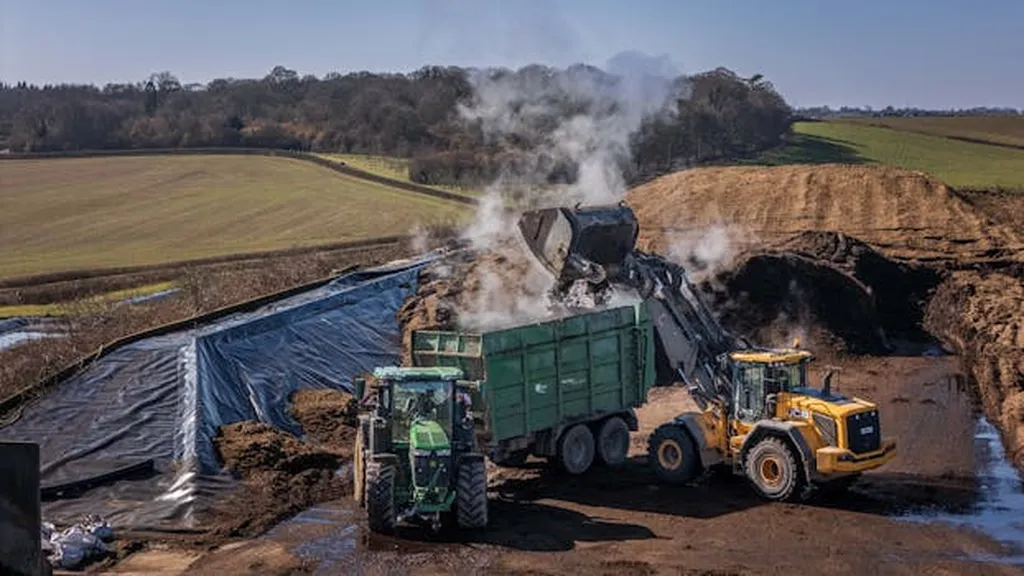In a world grappling with environmental concerns and resource depletion, a beacon of hope emerges from the realm of agricultural waste. Researchers, led by Murugesan Palaniappan from the Department of Mechanical Engineering at Imam Mohammad Ibn Saud Islamic University in Riyadh, are transforming agricultural residue into high-performance, eco-friendly composites. Their work, published in the journal *BioResources* (which translates to “Biological Resources”), is paving the way for sustainable materials that could revolutionize industries from automotive to construction.
The global demand for sustainable materials is surging, and Palaniappan’s team is at the forefront of this green revolution. They are exploring biopolymer-based composites derived from agricultural residue biomass, offering a viable alternative to traditional petroleum-based composites. These innovative materials address critical environmental issues while meeting the need for low-density, high-performance materials in various sectors.
“Our research focuses on low-density bio-based composites as sustainable options for lightweight applications,” Palaniappan explains. “We’re harnessing agricultural residue and discontinuous binder systems to reduce density and improve structural efficiency.” The team’s work emphasizes key composite properties such as mechanical strength, thermal behavior, water resistance, biodegradability, and lightweight characteristics.
The influence of fiber content and processing parameters on overall performance is a crucial aspect of their study. By optimizing these factors, they aim to enhance the durability, production efficiency, and commercial viability of these bio-composites. The research highlights major challenges, including scalability and long-term stability, while proposing future research directions to overcome these hurdles.
The potential commercial impacts of this research are substantial. In the energy sector, for instance, lightweight materials can significantly improve fuel efficiency in vehicles and reduce the carbon footprint of buildings. The construction industry stands to benefit from durable, eco-friendly materials that can withstand various environmental conditions.
As Palaniappan notes, “The transformative potential of agricultural residue-derived bio-composites in advancing sustainable, high-performance materials is immense.” This research not only underscores the importance of sustainable practices but also opens up new avenues for innovation and commercialization in the energy and construction sectors.
In a world increasingly conscious of its environmental impact, Palaniappan’s work offers a promising path forward. By turning agricultural waste into valuable resources, we can reduce pollution, conserve resources, and create high-performance materials that meet the demands of modern industries. The future of sustainable materials is here, and it’s growing in the fields of our farms.

